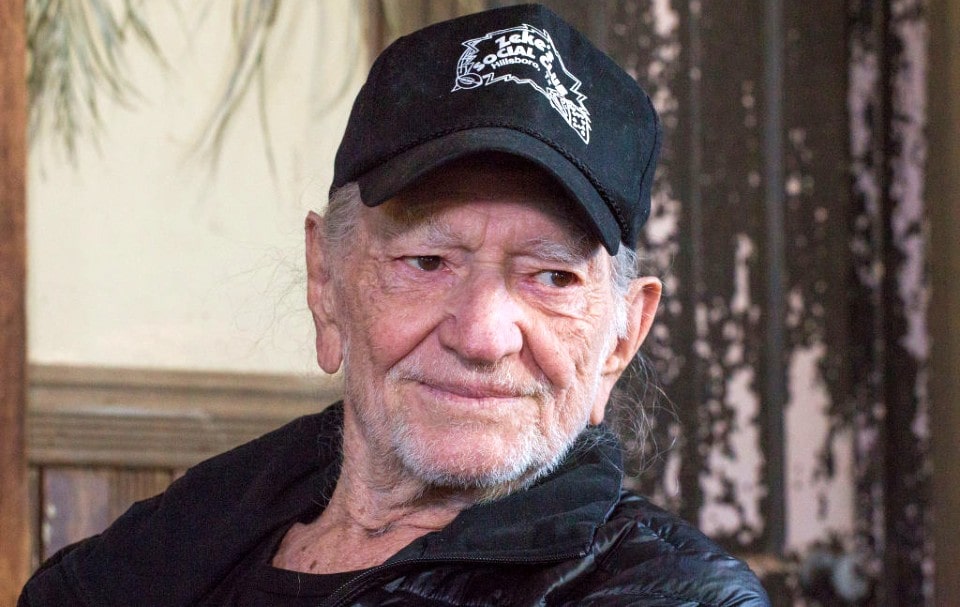“Me and Paul: Untold Stories of a Fabled Friendship,” Willie Nelson’s long-awaited autobiography, was finally released to the public this month, presenting a long-awaited account of his decades-long connection with sidekick Paul English.
The biography immortalized English, just as his hit song “Me and Paul” did. In addition to recounting their connection, Nelson made a surprising disclosure about trying to suicide in his book, which shocked many people.
Nelson reportedly told a bartender that at a particularly trying period, he wanted to end it all by resting his head on a train track, which served as an outlet for his sorrow and distress. However, there is no solid proof of this episode, the mere possibility that Willie Nelson had previously tried suicide raised concerns among members of his family and fans alike.

Willie Nelson, the country music legend, recently made news when it was revealed that he had returned to a pub after an initial fifteen-minute visit to consume more alcoholic beverages.
His song, famously performed by Patsy Cline in 1961, was a watershed point in his career, allowing him to make his mark in the industry during a challenging period.
According to an unidentified source, Nelson expressed concern that all of his efforts in building and maintaining his career would be for nothing, prompting him to take drastic measures; nonetheless, Nelson is reported to have opted to die onstage playing – something he loves more than anything else.
Willie Nelson published a statement explaining that he had no plans to retire in his life in reaction to speculations of retirement. Nelson’s passion for music appears far more significant than any fear of the future, even if he is well aware that age will eventually take its toll on even the most talented musician. Those close to him believe he is determined to keep composing music until the day he dies.
Nelson’s recent releases, such as last year’s joint album “Ride Me Back Home,” which debuted at No. 3 on Billboard’s country albums list and earned two Grammy nominations, lend validity to this argument.
To add gasoline to the flames, reports are circulating about planned tour dates involving performances by some of country music’s best musicians who want to commemorate one of their greats while they still have the opportunity.
All these things show that Willie Nelson is far from finished sweeping the country music charts and mesmerizing audiences worldwide with emotional performances.
Nelson tells Parade that he does not want to dwell on the limited amount of time he has left on Earth but rather to make the most of his life and strive to improve it more.
His song inspires this mindset, ‘Pay For The Day,’ which highlights the importance of hard effort and perseverance to have a good day. Nelson exercises regularly and finds solace in singing to keep healthy while confined to his home during the epidemic; both hobbies are essential to his physical well-being.
Though Nelson devotes most of his time to bettering himself and his life when asked what he believes is the key to happiness, he responds, “think optimistically,” which he learned out of desperation at a time when suicide appeared inevitable. Looking ahead, Nelson intends to brighten people’s days by playing concerts again soon, promoting optimism and good vibes all around.




